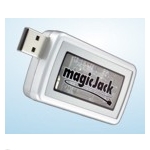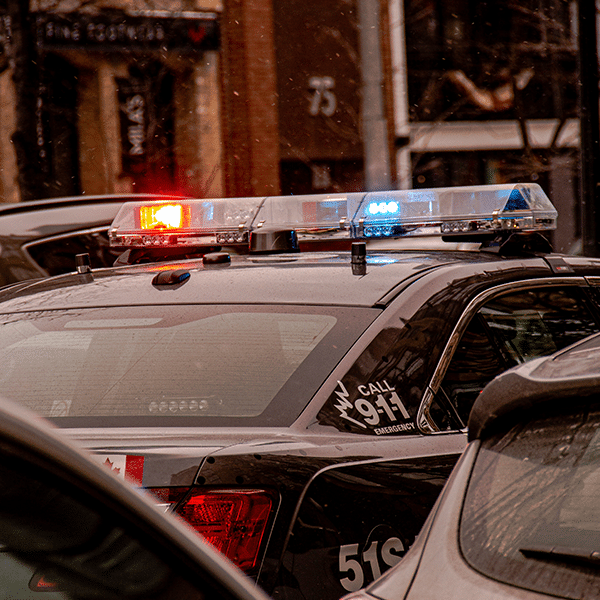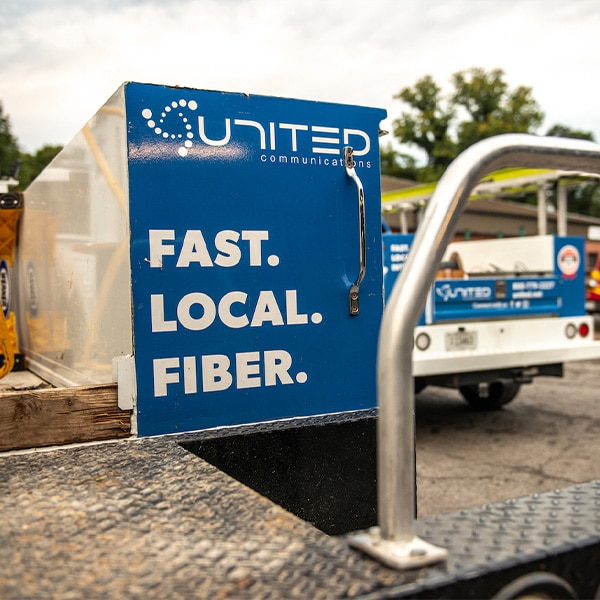 magicJack will see its business model challenged in early March when the West Virginia public service commission will rule on whether magicJack’s owner will be required to pay fees that traditional telcos and VoIP providers pay to help support E911 service. The magicJack offering— which provides phone service for $19.95 a year using a special adapter, an existing broadband connection and a traditional telephone– was launched by YMAX which has been acquired by VocalTec and now goes by the VocalTec name. The adapter costs $39.95 with a year of free service.
magicJack will see its business model challenged in early March when the West Virginia public service commission will rule on whether magicJack’s owner will be required to pay fees that traditional telcos and VoIP providers pay to help support E911 service. The magicJack offering— which provides phone service for $19.95 a year using a special adapter, an existing broadband connection and a traditional telephone– was launched by YMAX which has been acquired by VocalTec and now goes by the VocalTec name. The adapter costs $39.95 with a year of free service.
The unusually low cost of magicJack phone service relies in part on VocalTec’s CLEC status, which enables the company to collect access charges on calls to its customers. Apparently another reason the carrier can charge such low rates is that it does not collect monthly fees for E911 service—at least not in Kanawha County, W. Va., where the county commission has convinced the state PSC to conduct hearings on March 1 and 2. Other carriers in Kanawha County pay $3.34 a month to help support E911 service, collecting the fees and remitting them to the county, reports the Charleston Gazette of Charleston, W. Va.
“There’s nothing ‘magic’ about Magic Jack,” Kanawha County Commission President Kent Carper told the Gazette. “It erodes the ability of the 911 center to pay for the services it’s being mandated to provide. Magic Jack is not paying a penny, and their position is they don’t have to.”
According to the Gazette report, VocalTec is arguing that it doesn’t have to pay the 911 fee because the magicJack service does not meet the FCC’s definition of VoIP, which refers to a single service that allows customers to receive and place calls.
VocalTec reportedly argues that it offers two separate services—one for placing calls and another that provides the customer with a phone number. The Gazette reports, however, that a consultant hired by the Kanawha County Commision tried to purchase only the magicJack outgoing call service at a Walmart store and was unable to do so.
Things aren’t looking good for VocalTec because, according to the Gazette report, the West Virginia PSC staff already has concluded that magicJack is a VoIP offering. And the West Virginia case could set a precedent for other areas where VoIP providers are required to pay fees to support 911 service.
If the West Virginia PSC rules against VocalTec, the company’s biggest problem might not be paying the actual fee itself but figuring out a way to collect and remit the fee moving forward. According to the Gazette report, VocalTec currently has no way of doing that—and assuming that’s true, it seems like the company might need to make a significant back office investment to add that capability. Potentially the West Virginia ruling also could apply to VocalTec’s new softphone offering, magicTalk, further complicating a potential solution.
Nevertheless, it seems to me that if a communications service provider offers a service that can use 911– as magicJack should be able to do— then that provider also should be required to pay to support that service.


